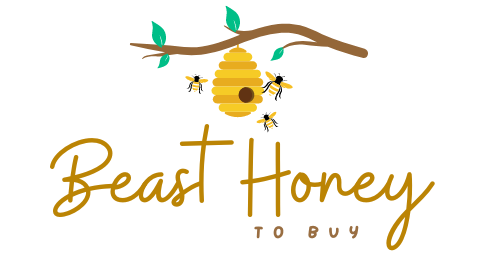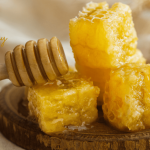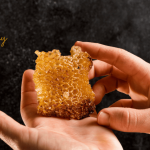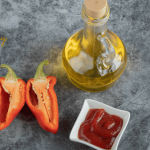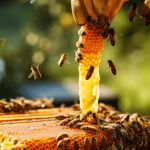Since prehistoric times, nearly 5500 years ago, humankind has used honey. Honey has grown in popularity since its introduction to humanity. It has been a natural sweetener since ancient times.
They are not just a part of the diet but are a vital part of traditional medical treatments.
Honey has various additional benefits ranging from its role in cancer treatment to the healing of wounds. Honey is made by honeybees from floral nectar.
The only naturally occurring product that comes from an insect is honey, which has uses in various industries like cosmetics, medicine, and nutrition.
Honey does not require refrigeration, never gets spoiled, and can also be kept unopened at room temperature in a dry environment.
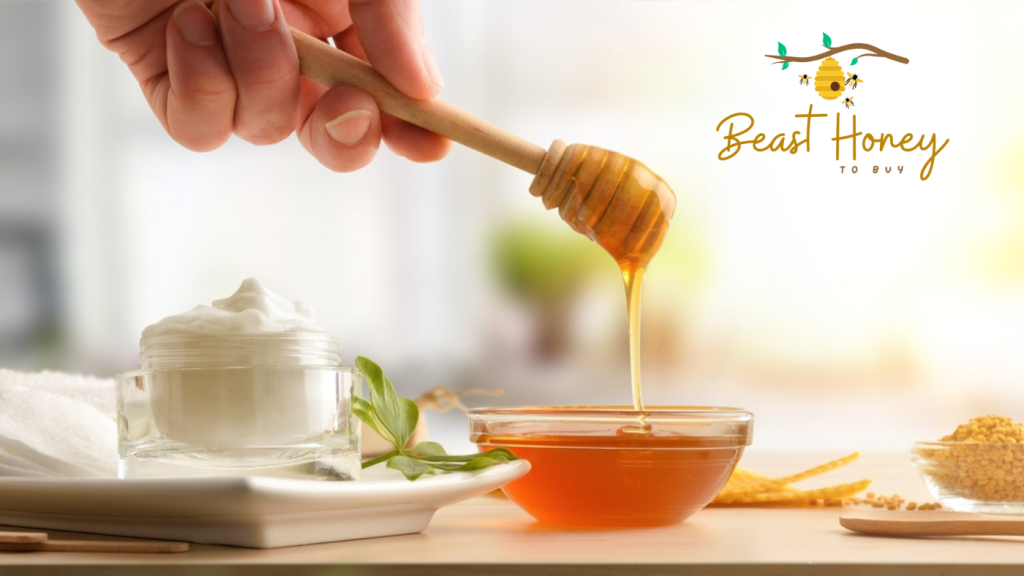
Determine How to Locate Natural Honey of High Quality
When looking for high quality raw honey, choose a brand that offers honey that has undergone the least amount of processing and is as near to its original state as possible.
Unpasteurized honey is another indicator of quality; pasteurization eliminates many of the healthy minerals and enzymes, leaving a less nutrient dense product.
Furthermore, ensure that the source of your raw honey is an organic farm or sustainable beekeeper. This will guarantee the purest, highest nutrient honey on the market.
Comparing Raw and “Regular” Honey
Not all honey varieties are made equally. It is important to consider these distinctions before taking a spoonful.
Processed Honey
“Regular” honey conjures up images of the syrupy concoction in a bear shaped bottle that you can pick up at your local grocery store.
This is categorized as processed honey since it has typically been pasteurized and filtered.
Consistency that is smoother and more durable can be attained through filtering. By doing this, any beeswax, pollen, solids, or residue from honeybees that might hasten the viscous liquid’s crystallization are eliminated.
Pasteurization is the process of heating honey to a high temperature. This further inhibits crystallization and increases the honey’s shelf life.
Nevertheless, some of the healthy nutrients and live enzymes that are naturally present in this beautiful golden liquid may be lost during processing.
Both Natural and Pure Organic Honey
Typically, pasteurization and filtering are also applied to pure and natural honey. If honey has no artificial additives, it is referred to as “natural.”
However, pure natural honey might also contain sugar, corn syrup, or natural flavoring. When something is “pure,” it means it has no additional ingredients at all.
When you ask yourself, “Honey with corn syrup? The terrifying! Well, you’re not too far away. In actuality, the authenticity of honey—or lack thereof—is a recurring worry.
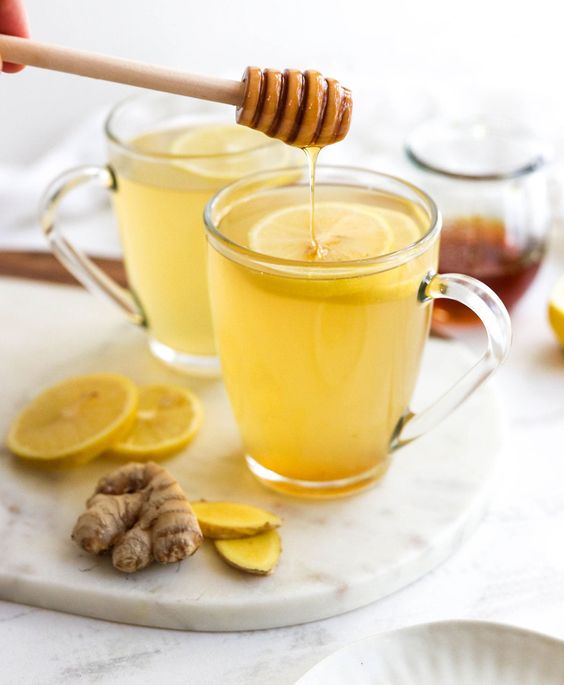
A 2017 study published in the Journal of the Association of Official Agricultural Chemists (AOAC) states that honey is a valuable natural product with a variety of therapeutic and nutritional uses.
It is a product, nevertheless, that is frequently tampered with by being mislabeled and combined with less expensive, inferior honeys and different kinds of sugar syrups.
Accordingly, “pure” honey is preferable to “natural” honey or any highly processed honey that contains artificial ingredients. (To keep our Perfect Snacks sweet and fresh, we use pure, organic honey.)
Raw Honey
Choose raw honey if you want to fully benefit from all of its health advantages. It’s the closest thing to the actual hive you’ll find! Raw honey offers the fullest nutritional package because it isn’t pasteurized or filtered.
If you’re excited to start using raw honey in your diet, be sure to buy it from a reliable supplier to guarantee the best quality possible free of impurities.
Just don’t give young children (less than a year old) raw honey. In infant botulism, certain microorganisms present in raw honey can cause serious harm to an infant’s delicate immune system, potentially even resulting in death.
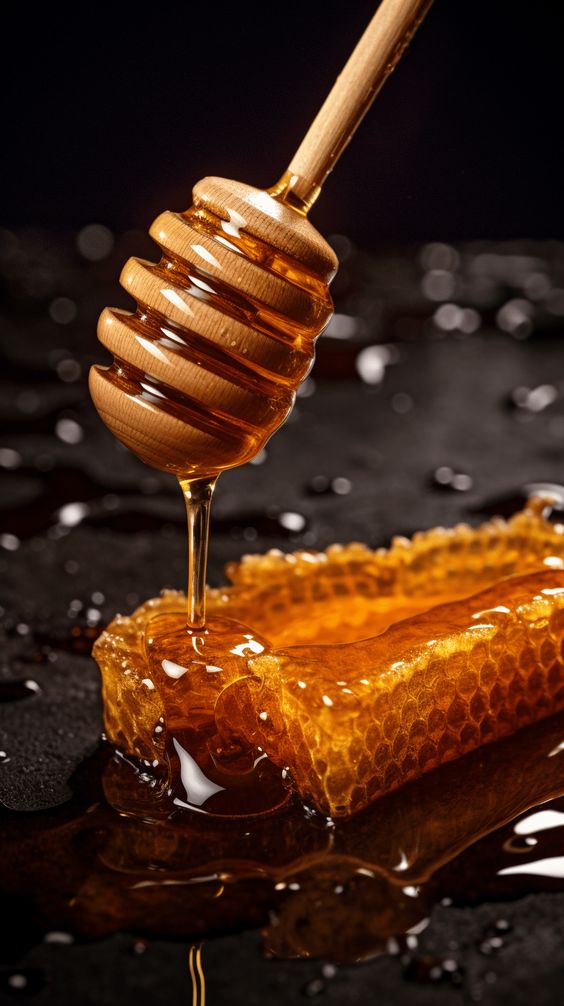
Nonetheless, the majority of older kids and adults can benefit from eating raw honey without risk. Consult your physician first if you’re not sure if raw honey is healthy for you and your family.
1. Packed with Antioxidants
Lowered blood pressure, a decreased risk of heart attacks, strokes, and certain types of cancer have all been associated with antioxidants.
It’s even thought to support eye health! It is thought that the potent antioxidant power of honey is derived from the combination of organic acids and flavonoids, two major antioxidants found in high quality raw honey.
Additionally, research indicates that buckwheat honey in particular raises our blood’s antioxidant value!
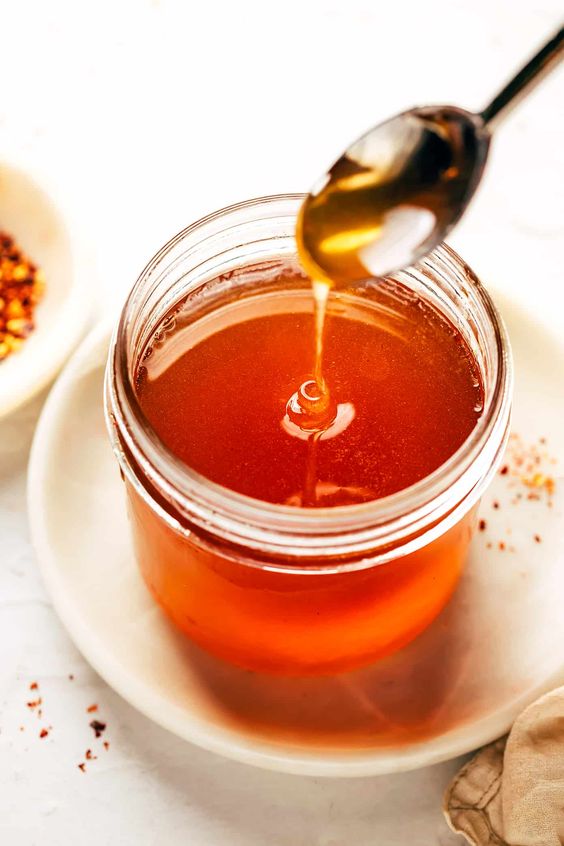
2. Coughs and treats a sore throat
Were there any other individuals whose parents used to give them a spoonful of honey every morning to prevent the common cold? We believe they were onto something, though.
Children frequently experience sore throats and coughs, particularly when they have upper respiratory infections.
The family’s general quality of life, motivation, and sleep may all be impacted by this. Furthermore, over the counter drugs can have negative effects and are not always effective.
Oddly enough, honey might be a better option! And there’s proof! According to one study, honey was actually more effective than two popular cough medications.
In a follow up study, honey proved to be a significantly better sleep aid and cough reliever than cough medication.
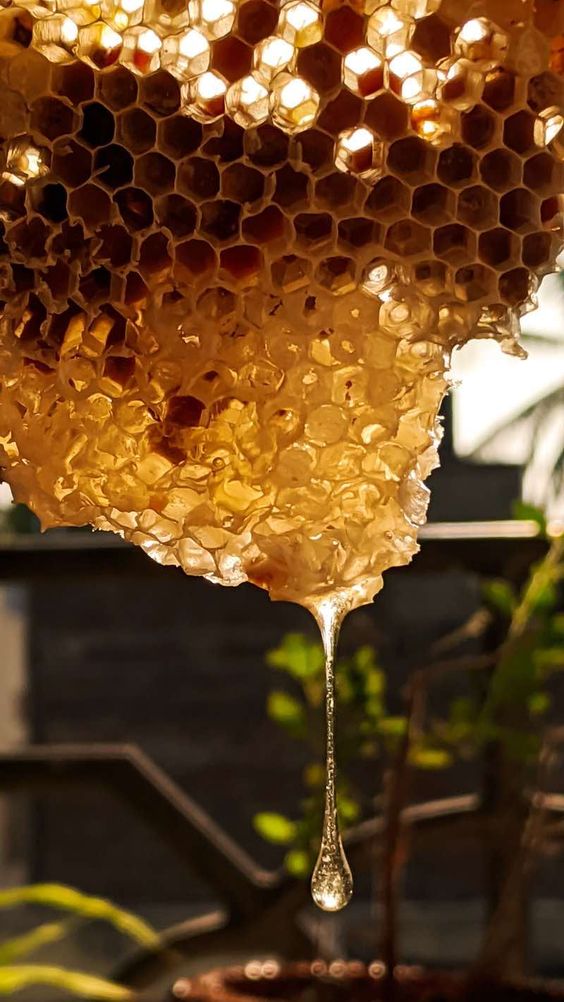
3. Improves Dental Health
Unbelievably, honey protects teeth from plaque accumulation, which is known to cause gingivitis and periodontal disease.
In a particular study, Manuka honey chews performed better than sugar free chewing gum in terms of reducing plaque and gum bleeding.
This seems hard to believe at first because sugary substances aren’t typically thought of as “helpful” when it comes to oral health.
However, studies indicate that because honey has so many antibacterial qualities, it may be more effective at preventing tooth decay than cavities. Fantastic!
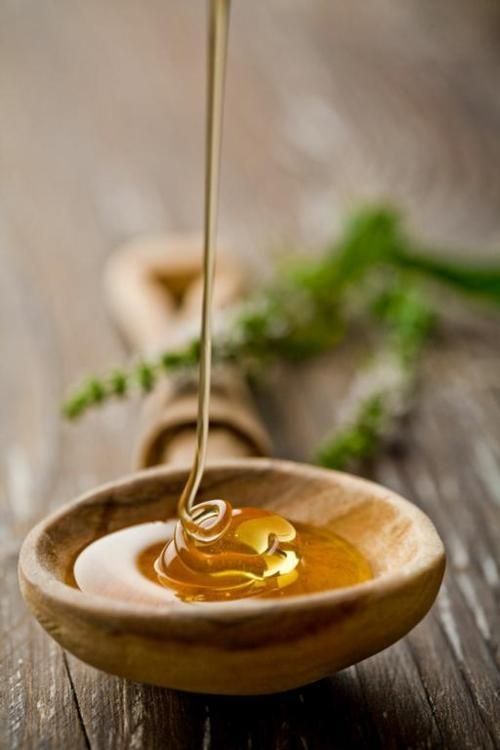
4. Enhances Immune System and Digestion
Because it feeds and supports the beneficial bacteria in our stomach, raw honey is regarded as a prebiotic food.
As an added benefit, it may help treat ulcers and dyspepsia, two conditions for which traditional medicine has long utilized it.
If you or your children suffer from common stomach issues or leaky gut syndrome, it could be beneficial to look into the benefits of including raw honey in your diet. Begin with modest dosages and proceed accordingly!
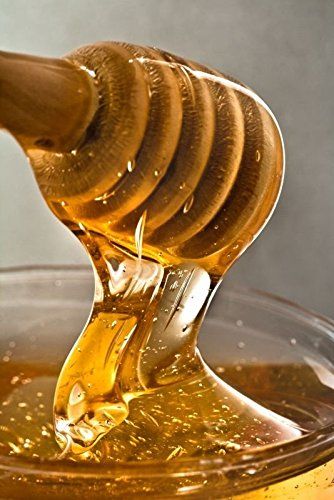
5. Heals Burns and Wounds
When it applied to the skin, honey can be an extremely effective treatment for burns, wounds, and many other skin conditions.
Topical honey has been used to heal the skin since ancient Egypt and is still commonly used today! You’ll often see honey as an ingredient in many natural skin care treatments.
A review of 26 studies on honey and wound care found honey most effective at healing partial thickness burns and wounds that have become infected after surgery.
It is believed that honey’s healing powers come from its antibacterial and anti inflammatory properties as well as its strong ability to nourish surrounding tissue. Specifically, Manuka honey is considered especially effective for treating burn wounds.
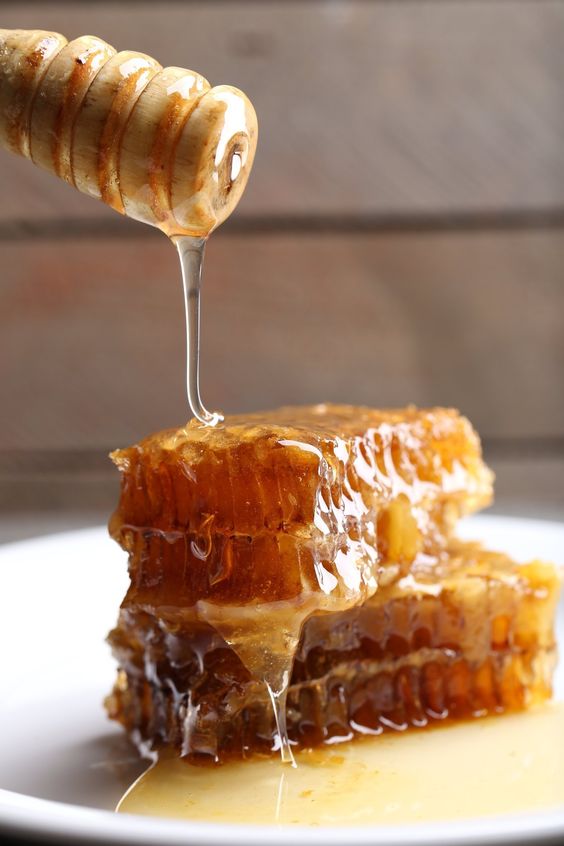
6. Fighting damage from harmless radicals
Huge amounts of antioxidants can be found in raw honey! These characteristics protect our cells from harm and advance internal health.
Antioxidants give up an electron to protect our cells from damaging agents called free radicals, which attempt to harm them through a process known as “oxidative stress.”
Aging and inflammatory diseases like cancer are linked to free radical damage.
Fortunately, honey deters these assaults on our cells. According to one study, giving healthy adults a dollop of buckwheat honey enhanced their in vitro antioxidant activity.
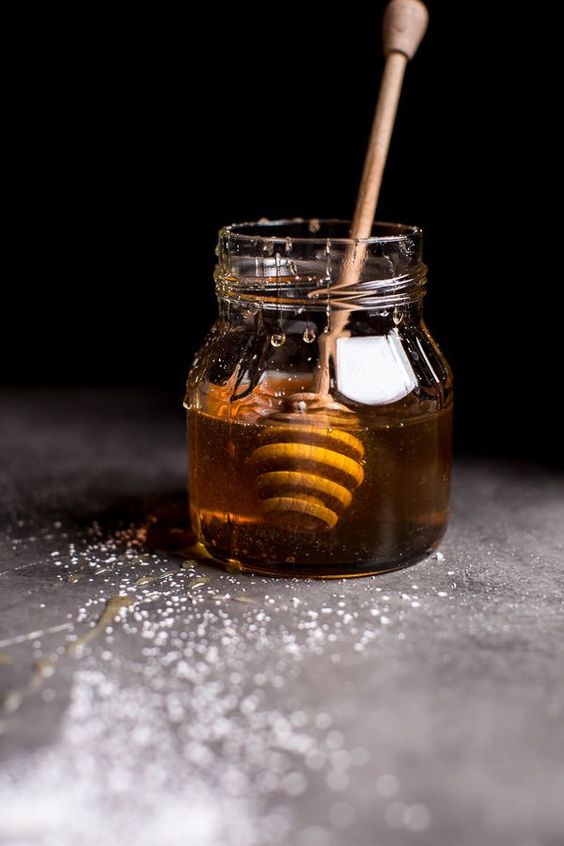
7. Fights off dangerous bacteria
Honey has been used for many years to treat various fungal and bacterial infections. It fights off a variety of bacteria, such as E. Coli and salmonella.
Bees add peroxide, a naturally occurring antiseptic, to the honey they produce during the pollen synthesis process. Thus, the honey we consume and keep on our shelves has stronger antibacterial qualities!
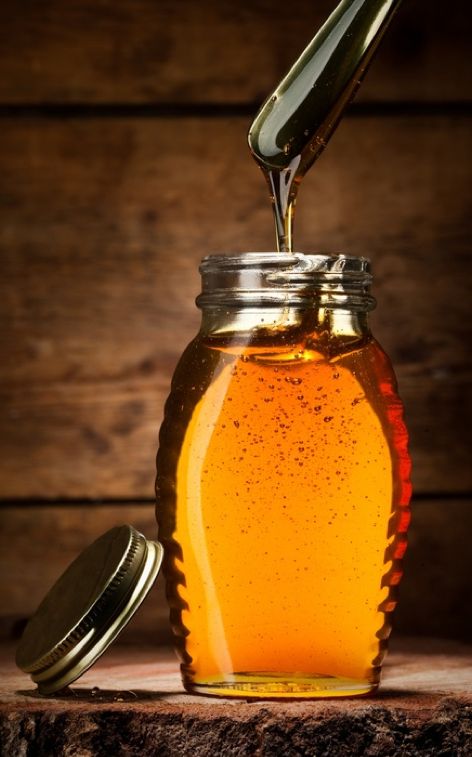
8. It might help in the fight against cancer
According to preliminary research, certain kinds of honey may stop the growth of cancer cells in mice. Studies have only been conducted on mice thus far, so it is not possible to definitively extrapolate results to humans.
9. It might support weight management
Almost invariably, we advise consumers to purchase foods in their unsweetened form and use a natural sweetener to adjust the amount of added sugar.
But if honey is the only added sugar you eat, make sure you only eat up to 6 teaspoons (2 tablespoons) of honey a day.
Make sure your overall sugar intake does not exceed six teaspoons if you are consuming sugar from other sources.
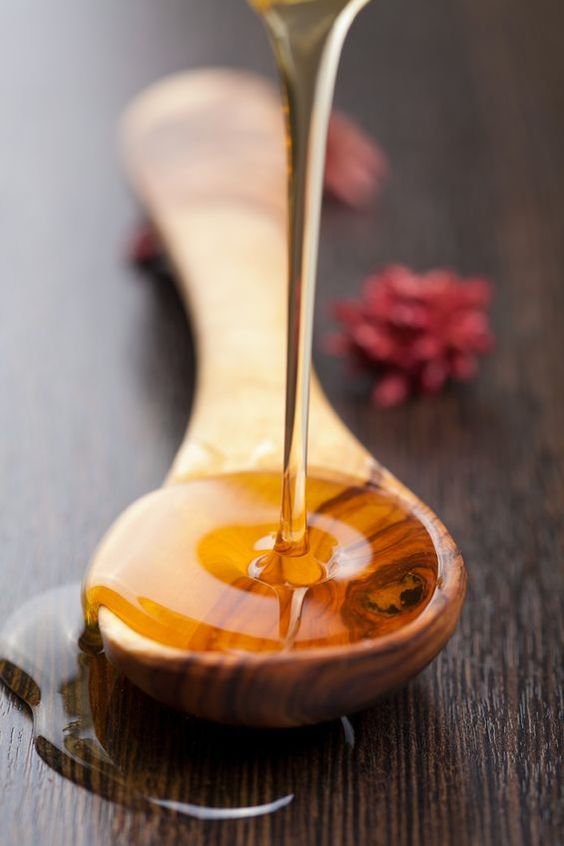
10. It tastes sweeter than sugar
Honey has 20 calories, 5 grams of sugar, and no fat per teaspoon. Each teaspoon of granulated sugar contains 15 calories, 4 grams of sugar, and no fat.
Since honey has a slightly sweeter taste than granulated sugar, you can use a bit less of it, and when you take that into account, the calories are probably about the same.
11. It’s packed with Vitamins and Minerals
Nutrients that have not been removed by pasteurization are still present in raw honey. This makes it a valuable addition to your diet and indicates that it is healthier to consume.
Potassium, calcium, niacin, riboflavin, magnesium, phosphorus, and zinc are all present in trace amounts in honey.
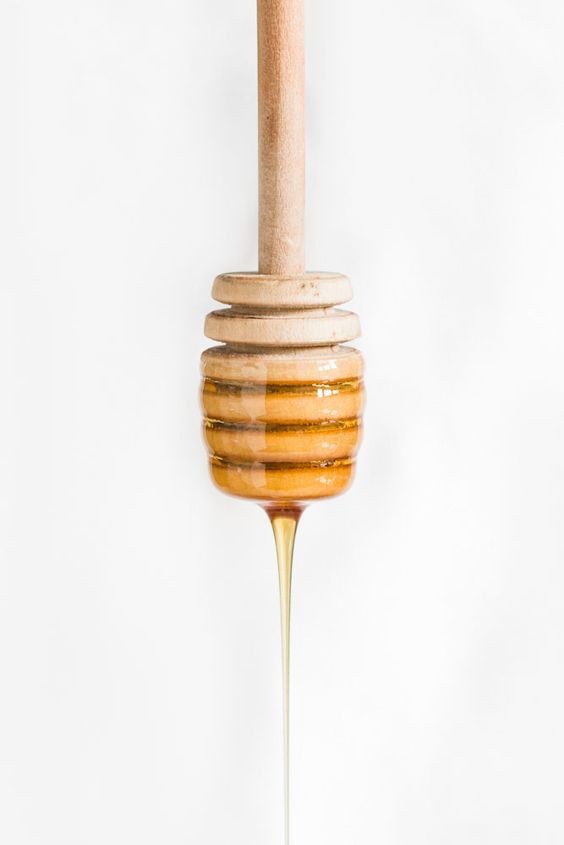
Sugar is another naturally occurring ingredient in honey. It may help lower cholesterol and has less of an impact on blood sugar levels than white sugar, making it a healthier substitute for sugar.
While raw honey and pasteurized honey may differ in color and texture, raw honey offers superior health benefits. Buy local, unpasteurized honey to reap the full benefits of your honey.
12. It eases digestion
Also, honey can soothe upset stomachs. Fresh raw honey stimulates the growth of probiotics and prebiotics, which are essential for gut health.
Additionally, it has polyphenols, which encourage the growth of beneficial bacteria and inhibit the growth of harmful ones.
This is particularly beneficial if you’re taking antibiotics because it will shield your digestive tract by balancing the good bacteria in your gut.
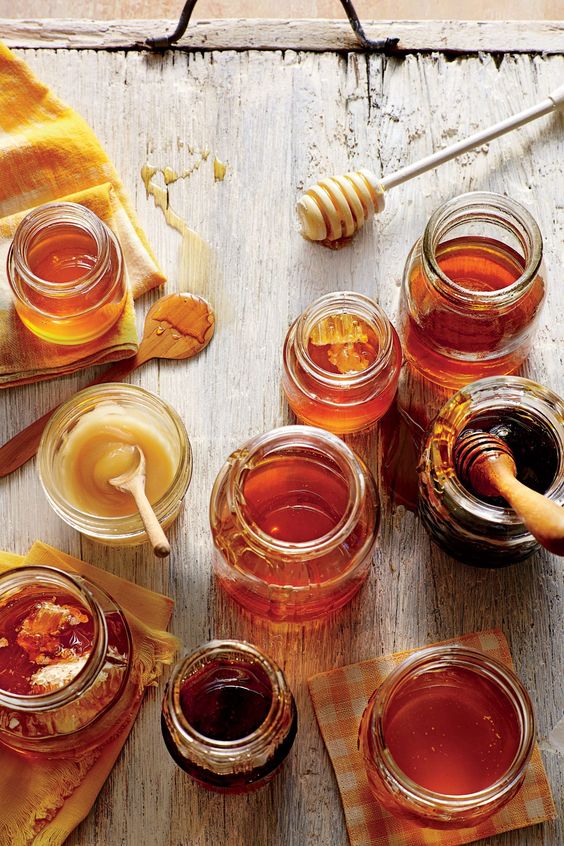
Raw honey doesn’t have acidic side effects and is alkaline forming, in contrast to processed honey. This enables honey to reduce intestinal inflammation and reduce acid reflux and heartburn.
13. It helps in reducing seasonal allergies
You’re not alone if you experience watery eyes and a stuffy nose every spring.
Seasonal allergies are extremely common, and the majority of people turn to over the counter drugs to treat their symptoms.
However, over time, raw, local, unpasteurized honey can help with symptoms of seasonal allergies.
The bees used by your neighborhood beekeepers to pollinate your plants bring some of the local allergens into their honey.
Consuming raw honey produced locally will eventually lessen your seasonal allergies.
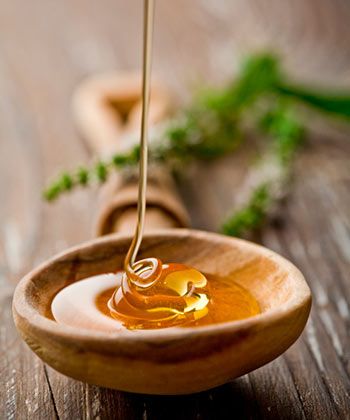
14. Blood sugar levels are controlled
The fact that honey is a natural sweetener and doesn’t raise blood sugar levels is particularly significant for diabetics.
It truly controls your blood sugar levels, which is a fantastic advantage. Honey is a very safe option to turn to when you have a craving for something sweet. It’s impossible to ask for more.
The health advantages of honey provide evidence for the need to consume more of the golden food. Adding a small amount each day will make a big difference in your health.
Honey has an extra benefit that may draw in some people because it works well in many skin care treatments.
15. It could improve memory
According to one study, honey’s antioxidant qualities can stop cellular deterioration and loss in the brain.
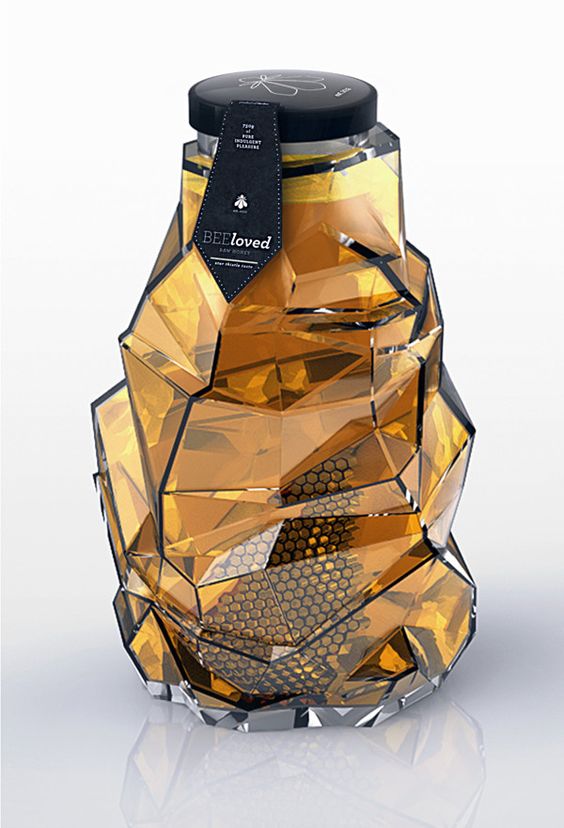
This research proved that women going through menopause who took a spoonful of honey every day had superior short-term memory compared to those who did not. It’s an intriguing idea that might be worthwhile to investigate.
16. It’s a fantastic skin care ingredient
Honey is a common ingredient in many skin care recipes. Its antifungal and antibacterial qualities are the reason for this.
Though they are few in number, some people vouch for it as an efficient burn salve as well. For smoother lips, honey can also be applied as a lip balm. It’s true that the material is so adaptable.
17. Honey for shiny hair
With its natural ability to moisturize hair and cleanse the scalp, honey leaves your hair feeling silky smooth without removing any of its natural oils.
To enhance your regular shampoo, mix a teaspoon of honey with olive oil or use it as a deep conditioning treatment for 20 minutes, then shampoo your hair.
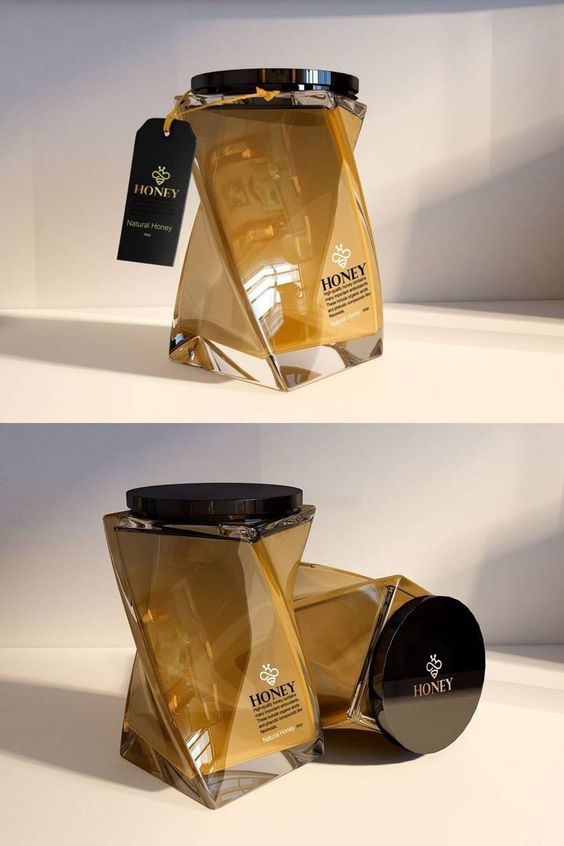
18. Boost immunity
The antibacterial and antioxidant qualities of honey aid in strengthening immunity and enhancing the digestive system.
It also contains an abundance of antioxidants, which are highly efficient in eliminating free radicals from the body.
How to Get the Most Nutrition From Your Honey
Raw honey is extracted directly from the honeycomb, cold-processed to retain its rich mineral and vitamin content, and filtered to remove debris.
Honey can be consumed in a variety of ways, such as sucking on a sweet spoonful first thing in the morning, adding it to warm water for a boost of energy, or incorporating it into recipes for breakfast and bliss balls.
The issue with most honey that is sold commercially is that the process of pasteurization removes most of the nutrients from it.
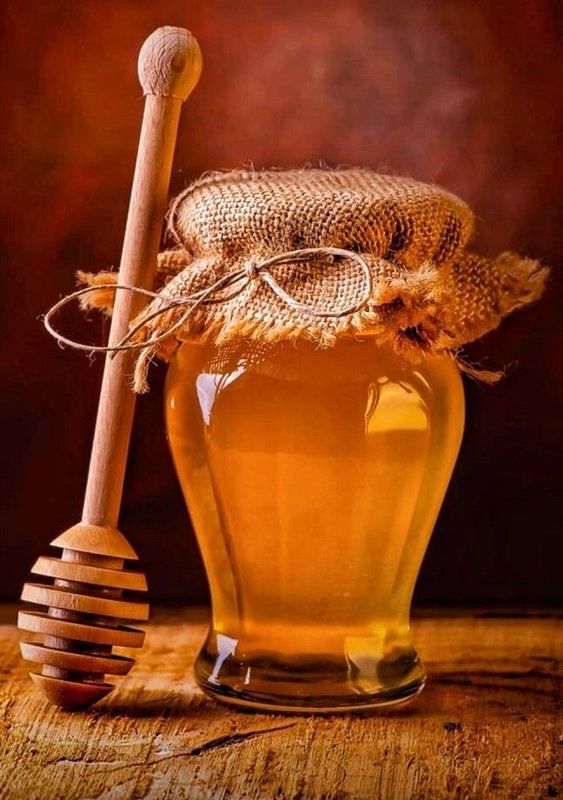
This can extend the honey’s shelf life and make it look better, but the honey will taste worse and have less flavor.
We understand that after tasting raw honey, you might want to use it everywhere.
Don’t be duped into believing that pasteurization only takes place in factories that produce large amounts of honey, though.
Just warming honey above 40 degrees can affect its enzyme content, so only dilute it with warm water when drinking it or mix it into raw food.
Conclusion
We’ve talked about honey’s beneficial effects on health. Honey’s antioxidants and antimicrobials contribute to heart health maintenance.
Among the remarkable advantages of consuming honey is its capacity to promote wound healing and relieve cough and sore throat. If you’re a honey lover, you could have it every day.
The benefits of eating honey every day are numerous and have been discussed. Eating honey at night has a number of advantages over doing so in the morning, such as improved sleep, particularly if you have a cough.
Regular or daily honey consumption has potential benefits. You could become ill despite taking all the necessary precautions and being aware of your health.
